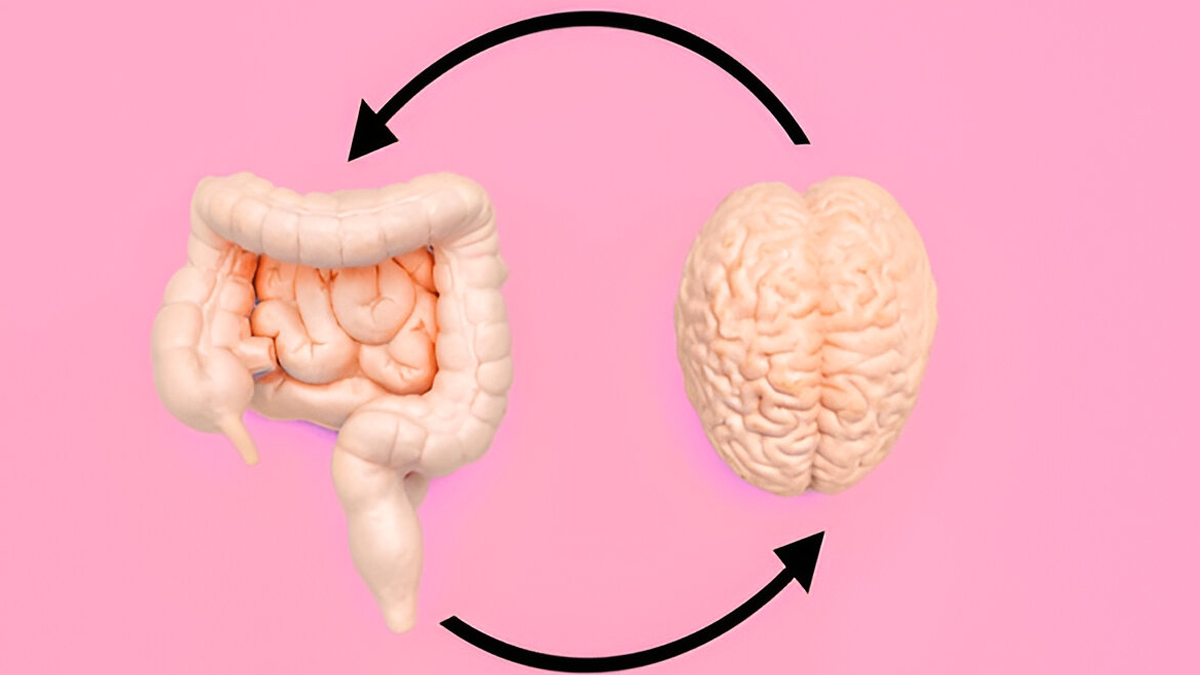
When life feels overwhelming, many of us reach for comfort food—a warm meal, a sweet treat, or a hearty snack. But what if comfort was also possible from something as simple as a bowl of yoghurt or a spoonful of kimchi? The science indicates it can. Fermented foods, which have long been a staple in traditional diets, are now finally being recognised for their amazing benefits for gut health and even mental health.
Table of Content:-
What Are Fermented Foods?

Fermentation is a natural process in which microorganisms, such as bacteria and yeast ferment food sugars and starches. Not only does this help preserve food, but it also yields beneficial substances, such as probiotics, vitamins, and organic acids. Some common examples are:
- Yoghurt
- Kefir
- Kimchi
- Sauerkraut
- Miso
- Idli and dosa batter
- Kombucha
These foods have high levels of live cultures that can benefit your gut microbiome—the trillions of bacteria residing in your digestive system.
Also Read: The Fermentation Craze: Can Too Much Kombucha or Kimchi Trigger Gut Problems?
The Gut-Brain Connection: Why Your Mood Starts in the Gut
Ever felt 'butterflies' in your stomach before a big presentation? That's your gut-brain connection at work. The gut-brain axis is an ongoing two-way street between your brain and your digestive tract. Your gut manufactures neurotransmitters such as serotonin, often dubbed the ‘feel-good’ chemical, about 90% of which is produced in the gut, not the brain.
When your gut microbiome is in balance, it can regulate mood, decrease anxiety, and even decrease the risk of depression. On the other hand, a diseased gut can cause inflammation and stress hormones to impact mental health.
How Fermented Foods Boost Gut Health
The star players in fermented foods are probiotics—live, beneficial bacteria that help maintain a healthy gut. Here’s how they work:

- Restore Balance: Stress, antibiotics, or poor diet can disrupt the balance of gut bacteria. Probiotics restore natural balance.
- Improve Digestion: They contribute to food breakdown, making nutrients more available.
- Support Immunity: About 70% of your immune system resides in your gut. A healthy microbiome guarantees robust immunity.
- Ease Bloating and Inflammation: Probiotics can lower inflammation in the gut, relieving symptoms of bloating and discomfort.
Research in Frontiers in Nutrition unveils that regular intake of fermented foods can enhance gut microbial diversity—a key marker of a healthy gut.
Mood-Boosting Benefits of Fermented Foods

Probiotics have compounds, such as short-chain fatty acids, which can reduce stress and inflammation in the brain. Fermented foods are also referred to as ‘psychobiotics,’ probiotics that have positive effects on mental health.
For example, research in Psychiatry Research revealed that those who ate more fermented foods experienced less symptoms of social anxiety. Another review in Nutritional Neuroscience associated probiotic-rich diets with decreased depression.
Also Read: Should People With IBS Have Fermented Foods? A Gastroenterologist's Insight
Everyday Fermented Foods to Try
- Yoghurt: Choose unsweetened, probiotic-laden yoghurt. Mix it with fruits and nuts for a nutritious snack.
- Kefir: Fermented milk drink that's sour and full of probiotics.
- Kimchi and Sauerkraut: Fermented vegetables that add crunch and spice to your meals.
- Idli and Dosa: Traditional Indian staples made from fermented rice and lentil batter.
- Miso: A Japanese seasoning that’s excellent in soups.
- Kombucha: A fermented tea that’s slightly fizzy and refreshing.
Tips for Adding Fermented Foods to Your Diet
- Start Small: If you’re new to probiotics, begin with small portions to let your gut adjust.
- Select Natural Fermentation: Check for 'live and active cultures' on packaging.
- Limit Excess Sugar: Packaged fermented foods have added sugars, hence choose wisely.
- Combine with Fibre: Probiotics thrive on fiber-rich foods, so pair them with fruits, vegetables, or whole grains.
Also watch this video
How we keep this article up to date:
We work with experts and keep a close eye on the latest in health and wellness. Whenever there is a new research or helpful information, we update our articles with accurate and useful advice.
Current Version